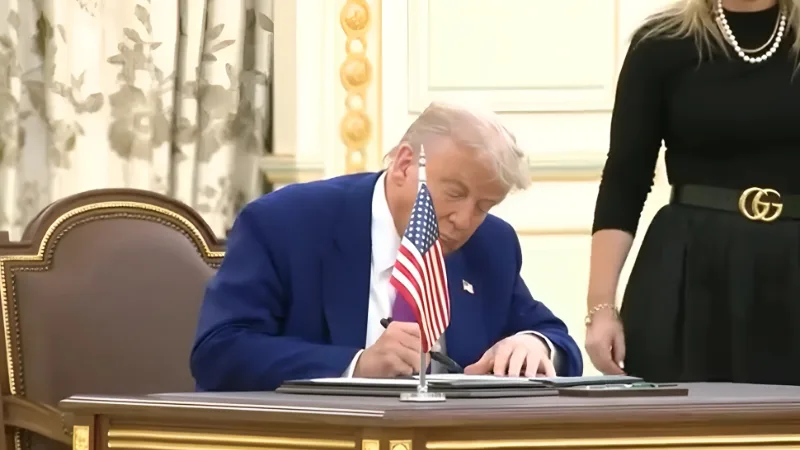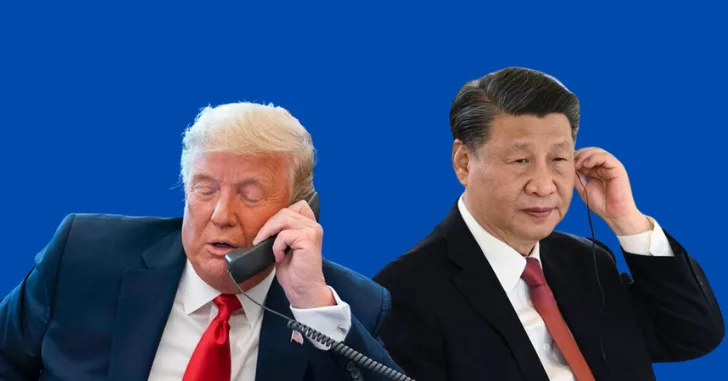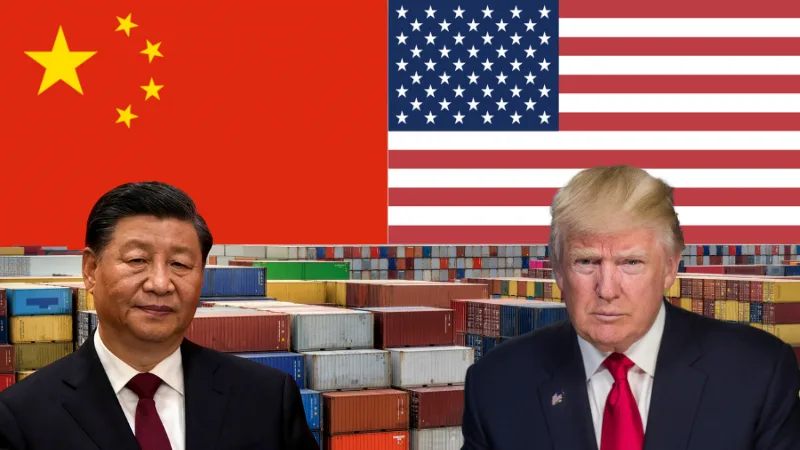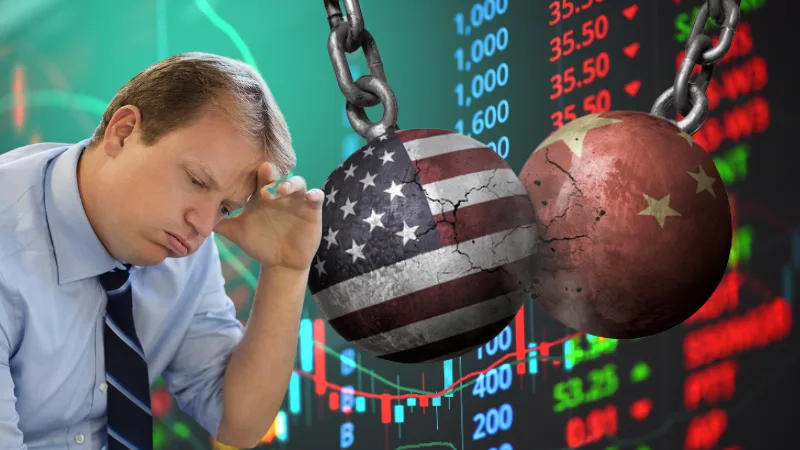In a move that could reshape global alliances and inject billions into key U.S. sectors, President Donald Trump signed a strategic economic partnership with Saudi Arabia valued at over $600 billion. Announced during Trump’s visit to Riyadh on May 13, 2025, the deal is being hailed as one of the largest bilateral economic agreements in U.S. history. (White House Fact Sheet)
Covering defense, energy, mining, artificial intelligence, and cultural investments, the deal is designed to deepen economic ties between the two countries while offering U.S. industries a massive injection of foreign capital. This partnership not only supports the Saudi Vision 2030 agenda to diversify its economy but also acts as a sharp pivot away from China and BRICS alliances.
Key Sectors in the $600 Billion Deal
1. Defense: $142 Billion in Contracts
A cornerstone of the agreement is a massive $142 billion in defense sales to Saudi Arabia. The package includes advanced air defense systems, fighter jets, and cybersecurity technologies from major U.S. contractors like Lockheed Martin, Raytheon, and Northrop Grumman.
“This is a historic moment for the American defense industry,” said retired Lt. Gen. Keith Kellogg, a national security advisor to Trump. “We’re not just selling weapons—we’re reinforcing U.S. strategic dominance in the Gulf.”
These deals are expected to support thousands of jobs across American manufacturing plants and bolster U.S. defense exports for years.
2. Artificial Intelligence & Big Data Infrastructure
Saudi Arabia’s new tech firm Humain has committed to a sweeping AI infrastructure buildout, including the deployment of hundreds of thousands of Nvidia AI chips over the next five years. Backed by the Saudi sovereign wealth fund, Humain is modeled to rival U.S.-based OpenAI and aims to position the kingdom as a global AI hub.
Another major player, DataVolt, announced a $20 billion investment in U.S.-based AI data centers and energy infrastructure.
“AI is the new oil,” said Dr. Ali Al-Ghamdi, CTO of Humain. “With this partnership, we are co-investing in the future of global intelligence.”
3. Energy and Infrastructure Projects
Saudi investments in energy infrastructure will include $14.2 billion in projects led by GE Vernova, focusing on gas turbines, power grids, and clean energy transition technologies.
In parallel, U.S. infrastructure giants Hill International and AECOM are slated to contribute to Saudi projects like King Salman International Airport and the $750 billion Qiddiya City, aimed at creating a cultural and sports tourism hub.
These projects serve dual purposes: creating jobs in the U.S. and exporting American expertise to one of the world’s fastest-growing economies.
4. Healthcare and Pharmaceuticals
Saudi firm Shamekh IV Solutions, LLC pledged $5.8 billion to build a pharmaceutical plant in Michigan. The facility will specialize in biotech treatments and vaccine production, with the goal of strengthening health security on both sides of the partnership.
This marks a strategic diversification for Saudi investments—traditionally centered around oil—and an opportunity for U.S. life sciences firms to expand their global footprint.
5. Cultural Diplomacy: Arts and Sports
A lesser-discussed aspect of the deal includes cultural investments, particularly in American sports franchises and entertainment collaborations. Saudi Arabia has signaled interest in expanding its soft power through partnerships in Hollywood, gaming, and sports leagues.
“This isn’t just economic diplomacy—it’s cultural positioning,” said Dr. Karen Young, Senior Fellow at Columbia’s Center on Global Energy Policy. “Saudi Arabia wants to be seen as a modern power, and aligning with American cultural assets helps them do that.”
Why This Deal Matters to Investors
This deal opens multiple investable themes:
- Defense Stocks Surge: Lockheed Martin (LMT), Raytheon (RTX), and Northrop Grumman (NOC) are all expected to benefit from significant new orders.
- AI and Chipmakers: Nvidia (NVDA) could see tailwinds from massive GPU purchases, while U.S. AI infrastructure players like Super Micro Computer (SMCI) and Palantir (PLTR) stand to gain.
- Construction and Engineering: AECOM (ACM) and Hill International (HIL) are likely to see revenue growth from billion-dollar Saudi projects.
- Healthcare Manufacturing: Investors may want to watch firms like Thermo Fisher (TMO) and Pfizer (PFE) for potential public-private synergies.
Geopolitical Implications
This deal sends a strong message globally. After years of warming relations with China and the BRICS bloc, Saudi Arabia appears to be re-aligning with the United States. The partnership marks a sharp rebuke of Beijing’s influence in the region and showcases Riyadh’s willingness to double down on U.S. technological and military infrastructure.
“The U.S.-Saudi axis is being redefined,” said Ian Bremmer, president of Eurasia Group. “This isn’t just about oil anymore. It’s about data, defense, and digital power.”
The announcement also follows the kingdom’s decision to decline full BRICS membership—an intentional shift that’s now clearer in light of this agreement.
Who Was There: Musk, Altman, and U.S. Business Heavyweights
Joining President Trump in Riyadh were high-profile U.S. business leaders including Elon Musk, Sam Altman (OpenAI), and Larry Fink (BlackRock), all of whom participated in private sessions to discuss AI ethics, sovereign wealth partnerships, and global capital flows.
Their presence underscores the deal’s emphasis on future industries—not just fossil fuels or conventional arms, but automation, digital currency infrastructure, and biotech.
Challenges and Criticism
Not everyone is cheering the agreement.
Critics argue that cozying up to Saudi Arabia amid its ongoing human rights controversies and authoritarian governance could backfire politically. Additionally, some Democratic lawmakers have warned that such massive arms deals could destabilize the Middle East by triggering an arms race.
“We need to ensure these technologies aren’t used to suppress dissent or monitor citizens,” said Sen. Chris Murphy (D-CT). “The economic gain must not outweigh democratic values.”
Still, the Trump administration is betting that economic pragmatism and American job creation will win over domestic skeptics.
Strategic Realignment, Historic Opportunity
This $600 billion U.S.-Saudi partnership represents more than just a business deal—it’s a strategic realignment in the global order. For investors, it’s a windfall of opportunity across multiple sectors, from defense and AI to infrastructure and pharmaceuticals.
Whether you’re a retail investor or institutional asset manager, now is the time to pay attention to the sectors and companies at the center of this shift.





